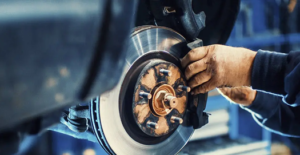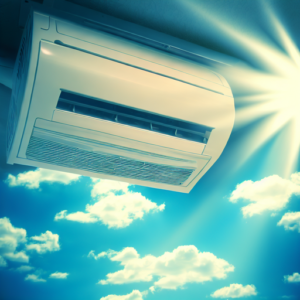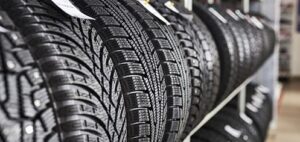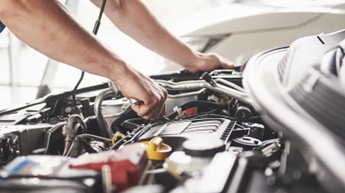
What is car tuning?
The tuning of a car is an essential process to maintain the performance and efficiency of the engine in optimal condition. It consists of carrying out a series of adjustments and changes in various components of the engine and the ignition system to ensure its proper operation. Through tuning, aspects such as fuel consumption, engine power and emissions are optimized.
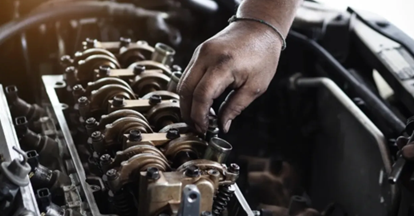
What is tuning for?
The tuning of a car serves to optimize engine operation and ensure efficient performance. During the process, adjustments are made to key components such as spark plugs, ignition wires, air and fuel filters, and the emission control system. This improves combustion, ignition and power delivery, resulting in better fuel consumption and reduced emissions.
Price of a 4-cylinder carriage tune-up
The price of a 4-cylinder car tune-up can vary depending on the make and model of the vehicle, as well as geographic location. On average, the cost can range from $100 to $250. This price includes labor and spare parts needed to carry out adjustments and changes during tuning.
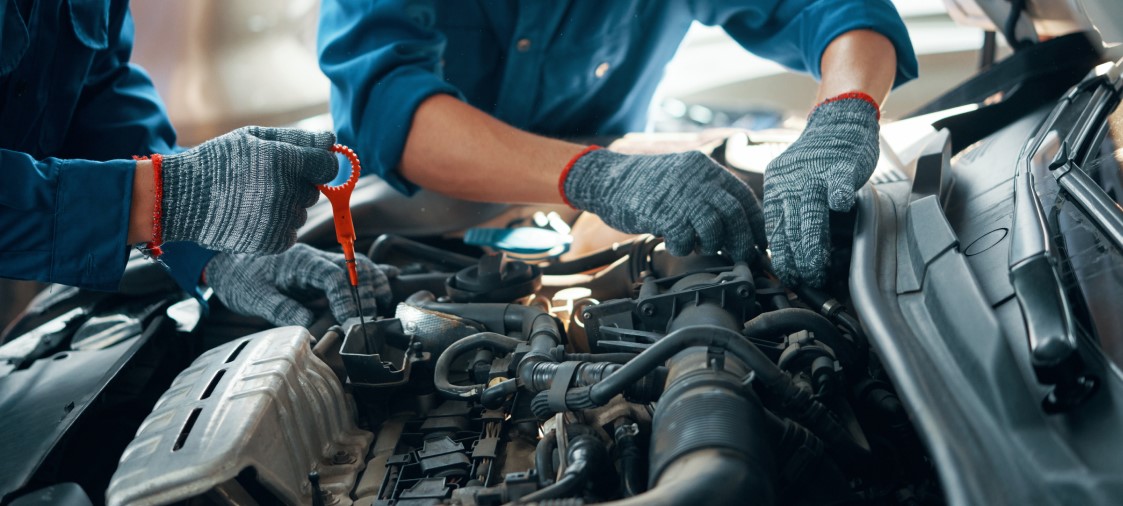
What is included in the tuning of a car
A car tune-up includes a series of steps and adjustments to ensure optimal engine operation. Among the components that are reviewed and adjusted are:
Spark plugs: They are checked and replaced if necessary to ensure an adequate spark during combustion.
Filters: Air and fuel filters are changed to ensure clean airflow and fuel mixture.
Ignition cables: These are checked and changed if necessary to ensure efficient transmission of the spark to the spark plugs.
Ignition system: The ignition time is adjusted to achieve optimal combustion.
Emission control system: It is verified and adjusted to reduce polluting emissions.
Timing belt: It is checked and changed if necessary, as it is crucial for the operation of the engine.
Injection system: Adjusts if the car has electronic injection to optimize the mixture of fuel and air.
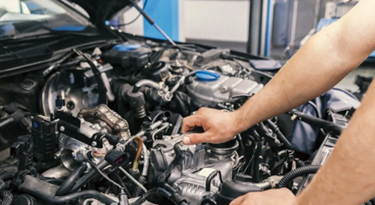
How to know if my car needs a tune-up
If you’re wondering if your car needs a tune-up, there are signs to pay attention to:
High fuel consumption: If you notice that your car is consuming more gas than usual, it could be an indication that it needs a tune-up.
Ignition failures: If the engine has difficulty starting or does so irregularly, it may be time for a tune-up.
Loss of power: If you feel that your car has lost power when accelerating, it may be necessary to adjust some components.
Unstable Idling: If the engine shakes or shuts down when idling, a tune-up could solve the problem.
Dark or strong-smelling emissions: If exhaust emissions are unusual, the emission control system may need to be adjusted.
When it should be fine-tuned
How often a tune should be performed can vary depending on the manufacturer and model of the car. In general, it is recommended to perform a tune-up every 20,000 to 30,000 kilometers or every 12 to 18 months, whichever comes first. However, it’s important to consult your vehicle’s owner’s manual for specific recommendations.
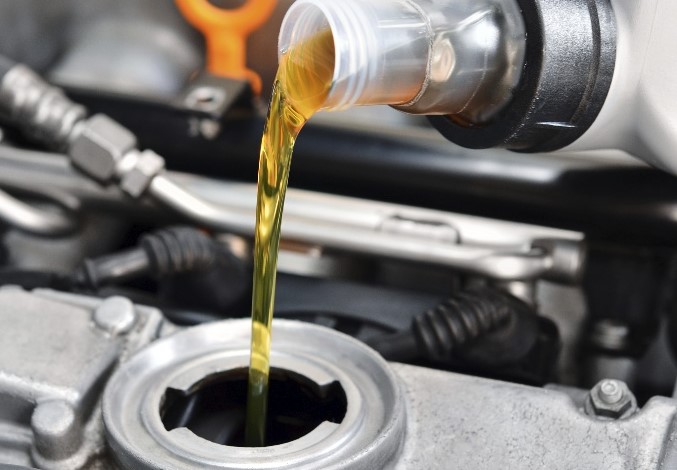
How long does the tuning service take?
The time it takes to perform a tune-up depends on several factors, including the experience of the mechanic and the complexity of the engine. On average, a tune-up can take anywhere from 1 to 3 hours. It is advisable to make an appointment with the mechanical workshop to ensure that they have the necessary time to perform the service properly.
Major tuning
In addition to the standard tuning, there is what is known as a major tuning. This includes all the steps of a regular tune-up, but also involves overhauling and possibly replacing additional components, such as the fuel pump, PCV (emission control valve) valve, and other elements related to the engine and ignition system. A higher tuning is recommended if you have exceeded the recommended mileage for the replacement of these components or if you have noticed more serious problems in the operation of the engine.
In short, the tuning of a car is a fundamental process to maintain the performance, efficiency and durability of the engine. Through adjustments and changes to key components, optimal combustion, improved fuel consumption and reduced emissions are achieved. Knowing when your car needs a tune-up and following the manufacturer’s recommendations are key steps to ensuring smooth and reliable operation of your vehicle. Remember that proper maintenance not only improves performance, but also contributes to the conservation of the environment by reducing polluting emissions.
For more articles like this, click here.

